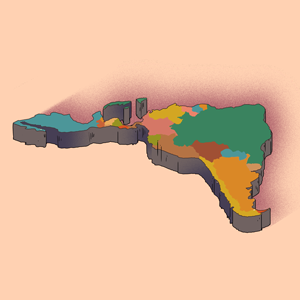Trump’s tariffs are about to ruin dinner. Here’s how one small spice seller is preparing
When President Donald Trump announced his sweeping tariffs against America’s trading partners around the world, Ethan Frisch and Ori Zohar were paying close attention. As the cofounders of the single origin startup Burlap & Barrel, they do business with dozens of small farmers around the world. They source berbere from Ethiopia, adobo from Puerto Rico, black Urfa chili from Turkey. “We bring in spices from countries where they are grown in particular ways, using heirloom varieties,” says Zohar. “We cannot just buy these spices here in the United States. Many are not grown here at all.” All of the U.S.’s trading partners has been hit by tariffs; the question is just how big the tariff is. Burlap & Barrel is just one example of a small American company whose business will be adversely hit by these tariffs. Yesterday’s news means Zohar and Frisch will now have to pay at least 10% more for the products they import. The business partners are now scrambling to figure out how to manage this crisis. “We’re a small business,” Frisch says. “We don’t have strategic reserves, or relationships with big banks. We’re particularly sensitive to these price fluctuations.” Economists say that businesses will make up for these losses by increasing prices to customers, potentially driving up inflation, or paying their suppliers less, which could profoundly harm workers in poor countries. For now, Burlap & Barrel’s founders have decided to do neither—and absorb these costs internally by halting spending on innovation and special projects. More broadly and alarmingly, they are reckoning with how they can continue building relationships with farmers around the world, when the United States now seems like an unstable, unreliable trading partner. An Ancient Profession Frisch and Zohar launched Burlap & Barrel in New York in 2016, which now has a staff of 20, in an effort to make high-quality spices accessible to more home cooks. They see themselves as part of the ancient spice trade that goes back thousands of years. Their business relies on going to remote corners of the world where small farmers have been growing particular spices for centuries. For instance, they partner with women in Afghanistan who harvest wild cumin, and Guatemalan farmers who harvest cardamom. Part of their mission as a company is supporting communities in developing countries. The founders had been closely following Trump’s tariffs on China, Mexico, and Canada. But they were surprised by the broad sweep of tariffs the Trump administration announced yesterday. There is now a flat 10% tariff across all of America’s trading partners, and additional tariffs on many other countries, including Vietnam, Cambodia, Nicaragua, Thailand, and Malaysia. Burlap & Barrel sources from many of these countries. “The expanse of the tariffs was much greater in magnitude than any economist expected,” says Joshua Stillwagon, associate professor of economics at Babson College. “I expected there to be a phasing-in of the tariffs or some kind of implementation, but that didn’t happen.” Last year, the Burlap & Barrel paid $1 million for the cost of goods; this year, they expect this to go up to least $1.4 million. This money needs to come from somewhere. The founders decided from the outset not to pay their suppliers less. “We’re a social enterprise, so paying our farmers less is just a nonstarter,” says Frisch. “We work with small farmers with little access to other income. We have seen firsthand how hard their lives are, and cutting their income could be devastating.” Difficult Decisions But they’ve also made the decision not to raise prices, at least in the short term. Part of the mission of their business is to make good quality spices affordable to more people; they charge $9.99 per bottle for everything on their site. Zohar also points out that if the United States goes into a recession, more people may choose to eat at home rather than go out for meals. So if they don’t inflate their prices, people may see them as a resource during turbulent economic times. “We didn’t want to jump to increasing prices for our consumers,” says Zohar. Burlap & Barrel does not have the option of switching to domestic suppliers because most of their spices are not made in the United States. But even in industries where there are American manufacturers, switching suppliers is not such an easy calculation, says Alex Field, professor of economics at the Leavey School of Business at Santa Clara University. “Domestic producers often sell their products at higher prices than their foreign counterparts,” he says. “So either way, it is going to cost more.” Economists expect many companies to pass on cost increases to consumers; unchecked, this will eventually lead to inflation. Stillwagon says the first prices to increase will be on perishable goods, like fruit. But over time, as companies go through their current inventory, it will eventually trickle into many o

When President Donald Trump announced his sweeping tariffs against America’s trading partners around the world, Ethan Frisch and Ori Zohar were paying close attention.
As the cofounders of the single origin startup Burlap & Barrel, they do business with dozens of small farmers around the world. They source berbere from Ethiopia, adobo from Puerto Rico, black Urfa chili from Turkey. “We bring in spices from countries where they are grown in particular ways, using heirloom varieties,” says Zohar. “We cannot just buy these spices here in the United States. Many are not grown here at all.”
All of the U.S.’s trading partners has been hit by tariffs; the question is just how big the tariff is. Burlap & Barrel is just one example of a small American company whose business will be adversely hit by these tariffs. Yesterday’s news means Zohar and Frisch will now have to pay at least 10% more for the products they import. The business partners are now scrambling to figure out how to manage this crisis. “We’re a small business,” Frisch says. “We don’t have strategic reserves, or relationships with big banks. We’re particularly sensitive to these price fluctuations.”
Economists say that businesses will make up for these losses by increasing prices to customers, potentially driving up inflation, or paying their suppliers less, which could profoundly harm workers in poor countries. For now, Burlap & Barrel’s founders have decided to do neither—and absorb these costs internally by halting spending on innovation and special projects.
More broadly and alarmingly, they are reckoning with how they can continue building relationships with farmers around the world, when the United States now seems like an unstable, unreliable trading partner.
An Ancient Profession
Frisch and Zohar launched Burlap & Barrel in New York in 2016, which now has a staff of 20, in an effort to make high-quality spices accessible to more home cooks.
They see themselves as part of the ancient spice trade that goes back thousands of years. Their business relies on going to remote corners of the world where small farmers have been growing particular spices for centuries. For instance, they partner with women in Afghanistan who harvest wild cumin, and Guatemalan farmers who harvest cardamom. Part of their mission as a company is supporting communities in developing countries.
The founders had been closely following Trump’s tariffs on China, Mexico, and Canada. But they were surprised by the broad sweep of tariffs the Trump administration announced yesterday. There is now a flat 10% tariff across all of America’s trading partners, and additional tariffs on many other countries, including Vietnam, Cambodia, Nicaragua, Thailand, and Malaysia. Burlap & Barrel sources from many of these countries.
“The expanse of the tariffs was much greater in magnitude than any economist expected,” says Joshua Stillwagon, associate professor of economics at Babson College. “I expected there to be a phasing-in of the tariffs or some kind of implementation, but that didn’t happen.”
Last year, the Burlap & Barrel paid $1 million for the cost of goods; this year, they expect this to go up to least $1.4 million. This money needs to come from somewhere. The founders decided from the outset not to pay their suppliers less. “We’re a social enterprise, so paying our farmers less is just a nonstarter,” says Frisch. “We work with small farmers with little access to other income. We have seen firsthand how hard their lives are, and cutting their income could be devastating.”
Difficult Decisions
But they’ve also made the decision not to raise prices, at least in the short term. Part of the mission of their business is to make good quality spices affordable to more people; they charge $9.99 per bottle for everything on their site. Zohar also points out that if the United States goes into a recession, more people may choose to eat at home rather than go out for meals. So if they don’t inflate their prices, people may see them as a resource during turbulent economic times. “We didn’t want to jump to increasing prices for our consumers,” says Zohar.
Burlap & Barrel does not have the option of switching to domestic suppliers because most of their spices are not made in the United States. But even in industries where there are American manufacturers, switching suppliers is not such an easy calculation, says Alex Field, professor of economics at the Leavey School of Business at Santa Clara University. “Domestic producers often sell their products at higher prices than their foreign counterparts,” he says. “So either way, it is going to cost more.”
Economists expect many companies to pass on cost increases to consumers; unchecked, this will eventually lead to inflation. Stillwagon says the first prices to increase will be on perishable goods, like fruit. But over time, as companies go through their current inventory, it will eventually trickle into many other products. As costs go up, there could be a recession. “As companies raise prices on necessities, people are going to be spending more of their budget on those things,” he says. “As people pull back their spending, they are going to make less profit and hire fewer employees.”
While the tariffs are causing businesses a lot of stress, Field says that the sheer instability of the economic situation is even more crippling. The Trump administration has rolled out these tariffs in a chaotic manner and there is uncertainty about whether he will renege on them. So Burlap & Barrel’s decision not to increase cost to consumers in the short term makes sense. “Trump is so changeable in his views that you may just want to take a ‘wait and see’ approach, and take a hit on profits to see whether the matter resolves itself before you change your catalog pricing and make your customers unhappy,” he says.
Killing Innovation
Frisch and Zohar need to figure out how to make up for the hundreds of thousands of dollars they now have to pay in tariffs. They’ve decided to spend less on innovation. In their case, this refers to things like developing new products, creating interesting partnerships with restaurants and celebrities, and doing special projects. For instance, many people had been asking Burlap & Barrel to create a holiday advent calendar with spices. Frisch says the entire team had been excited about this. But they’ve decided to stop work on it immediately. The packaging for the calendar is now more costly, they were going to source new spices for it, and it was going to take employees’ time.
Burlap & Barrel’s approach of cutting back on extraneous spending is going to happen at businesses across the country. And it will have a profound impact on the American economy as a whole. “At a time of instability, companies have to be prudent and pull back on investments, including things like buying equipment and spending in innovation,” Field says. “But this is a key driver of spending and it is what gave American businesses their edge.”
America is No Longer a Reliable Trading Partner
Since launching their business, Frisch and Zohar have been all over the world to build relationships with suppliers. In the past, many of these small farmers were eager to work with American brands, because the country positioned itself as an ideal trading partner. “It meant income for them, but it was also a source of pride,” says Frisch. “They were excited about sending their cinnamon or black pepper to American consumers.”
But now that Trump has upended the global trading system, this won’t be true for much longer. Countries around the world now see the United States as hostile and unreliable, which could have long-term consequences, even if Trump quickly reverses these particular tariffs. And eventually, this image of America will trickle down to the rural farmers that Frisch and Zohar have worked closely with. “Everything has changed,” says Zohar. “There’s been a radical shift in how the U.S. engages with the rest of the world, and what the American economy represents.”


![How to Find Low-Competition Keywords with Semrush [Super Easy]](https://static.semrush.com/blog/uploads/media/73/62/7362f16fb9e460b6d58ccc09b4a048b6/how-to-find-low-competition-keywords-sm.png)

























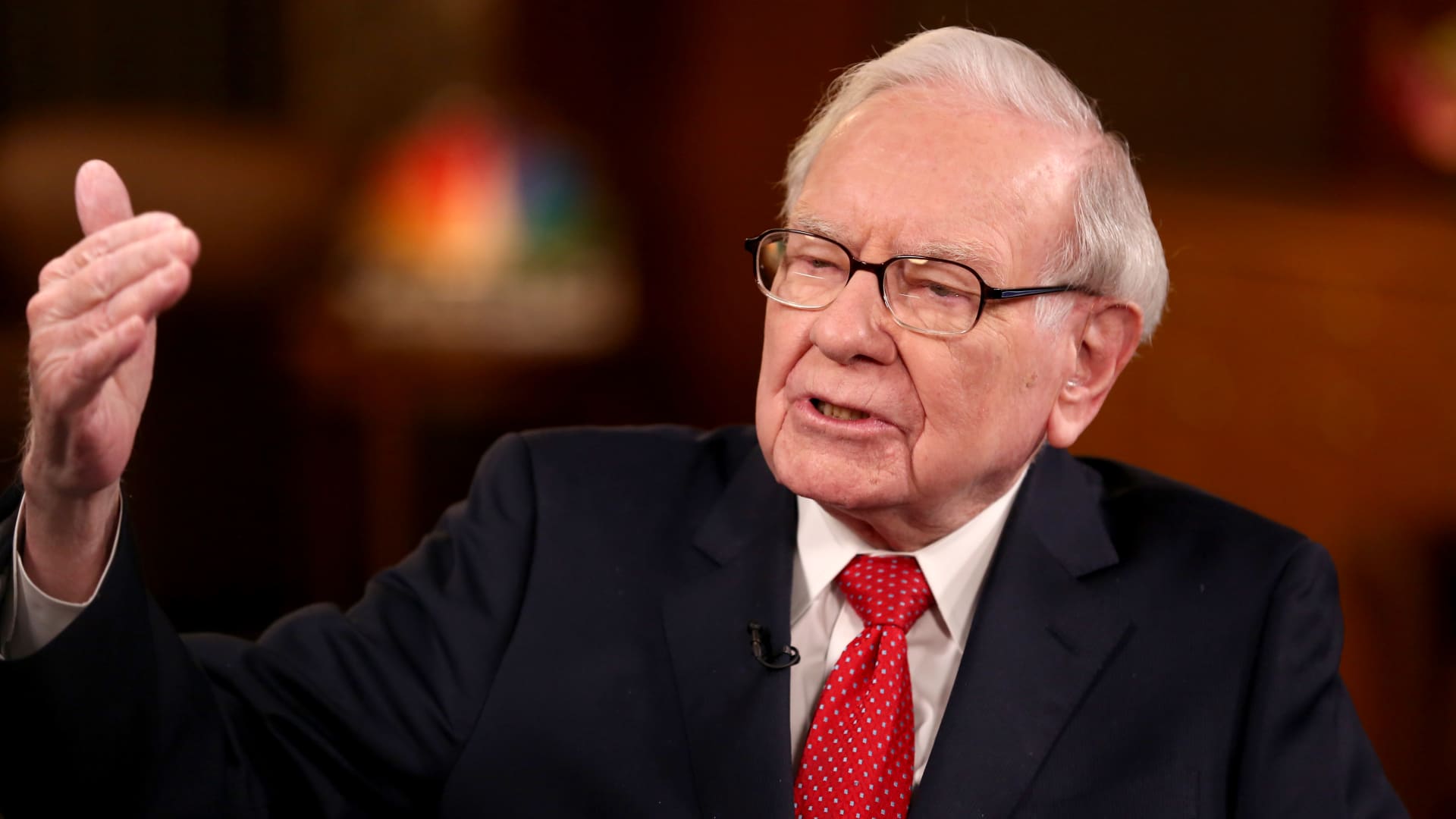



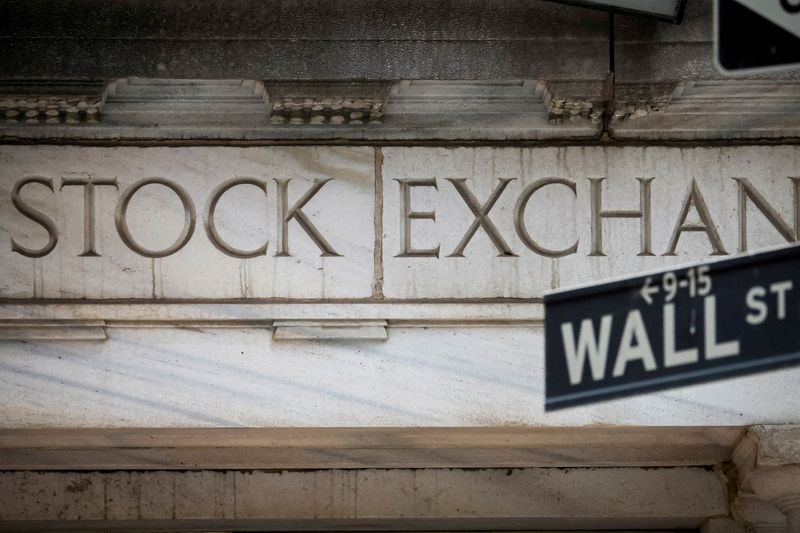
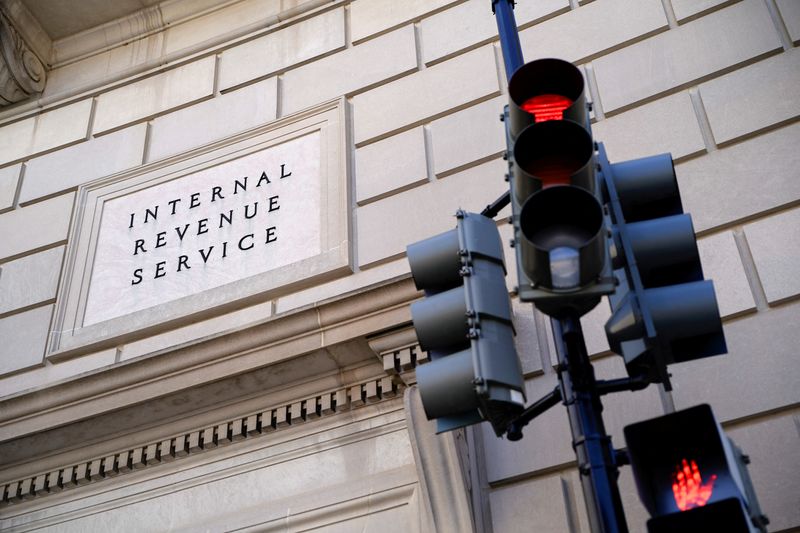
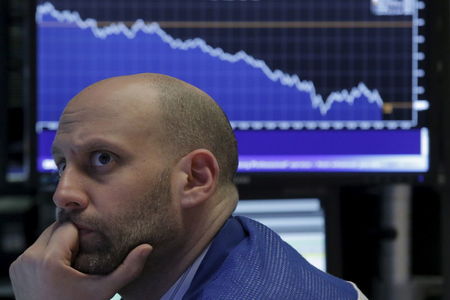








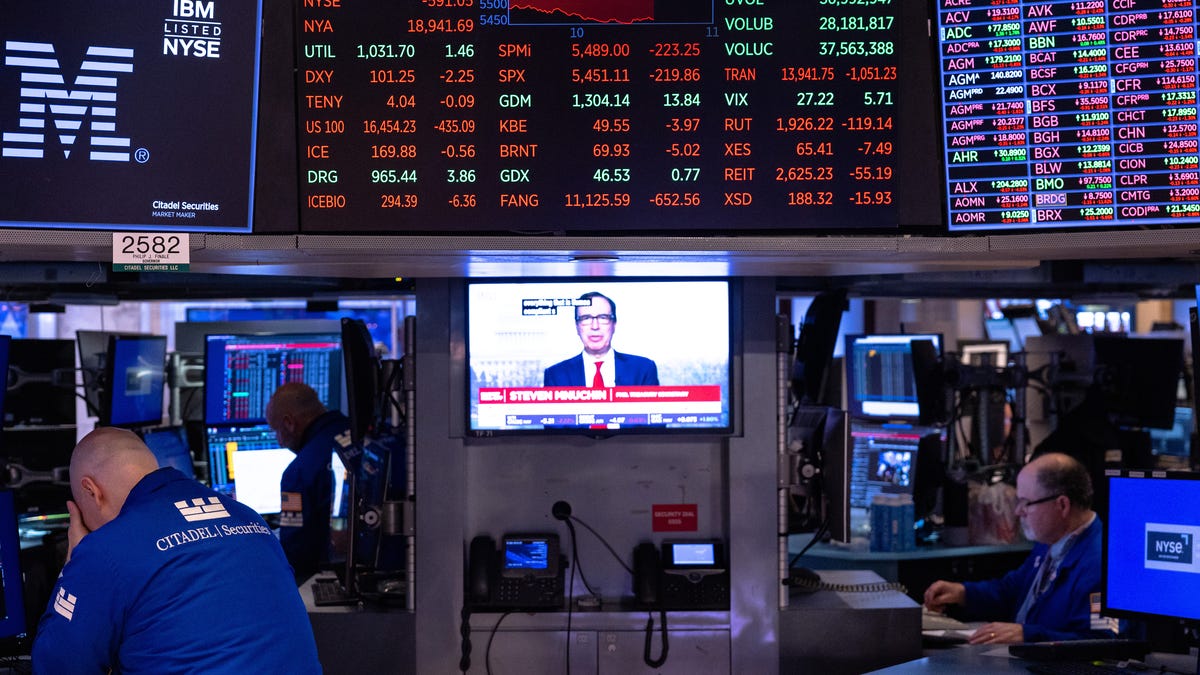












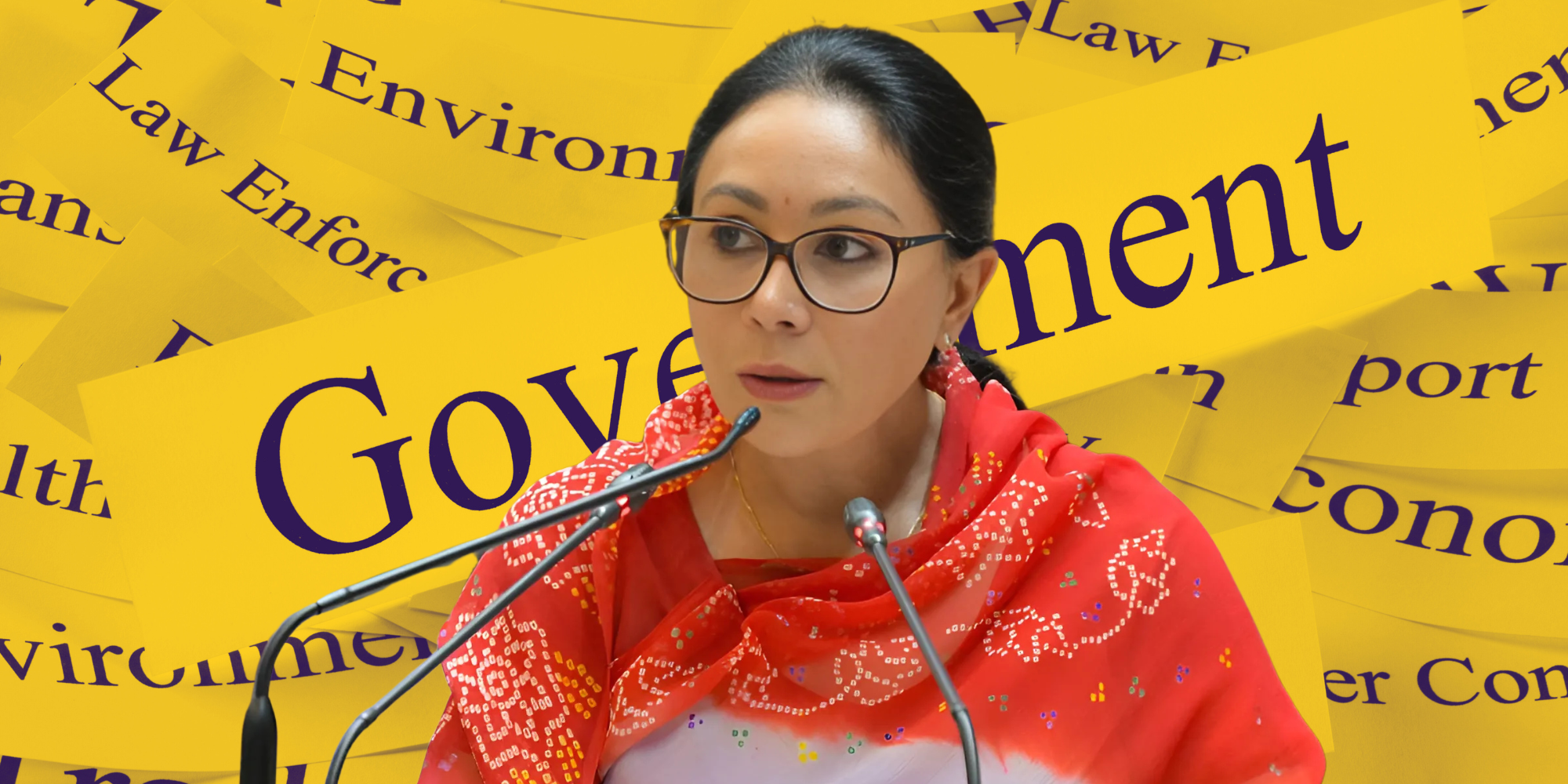
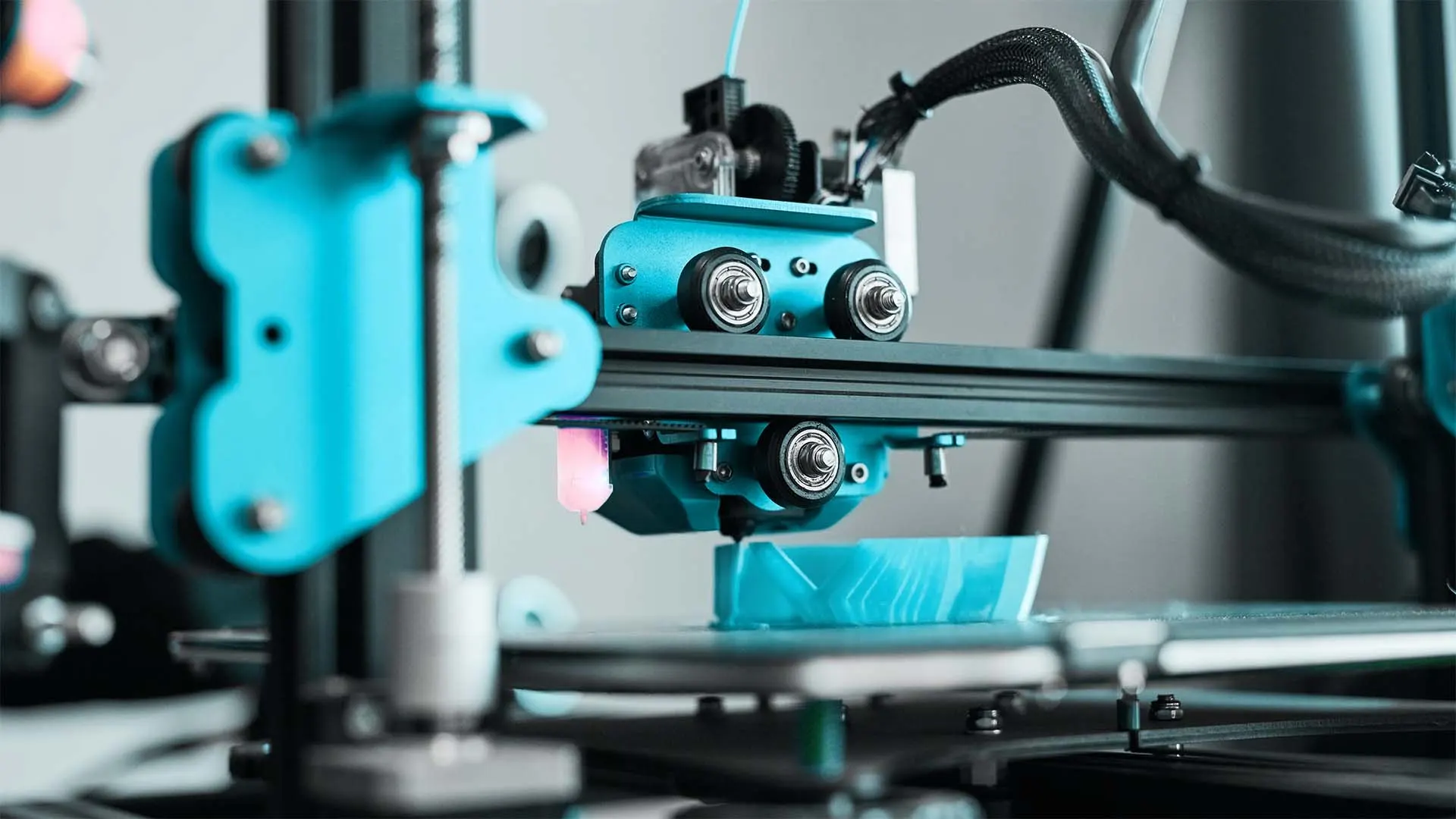

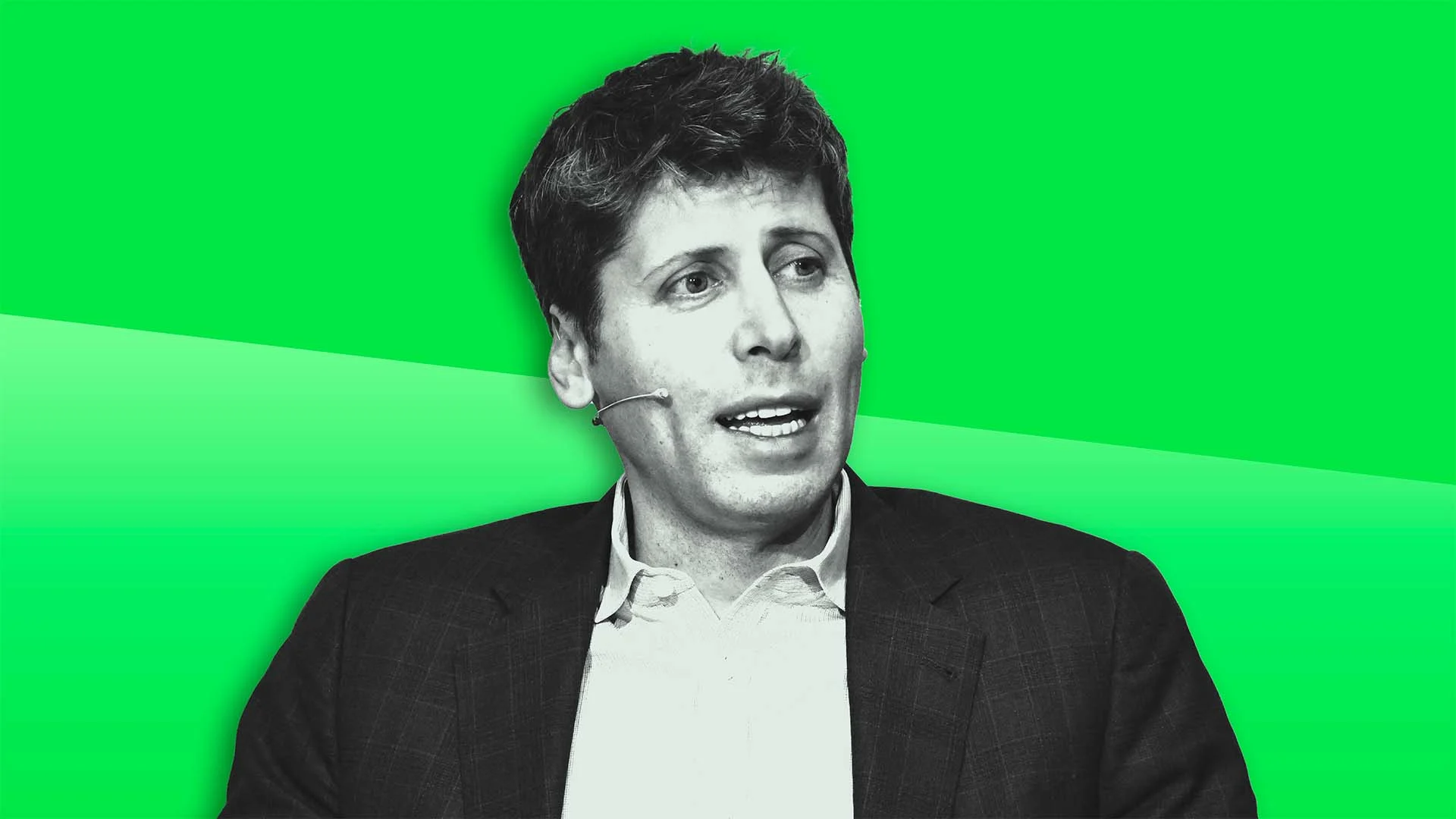















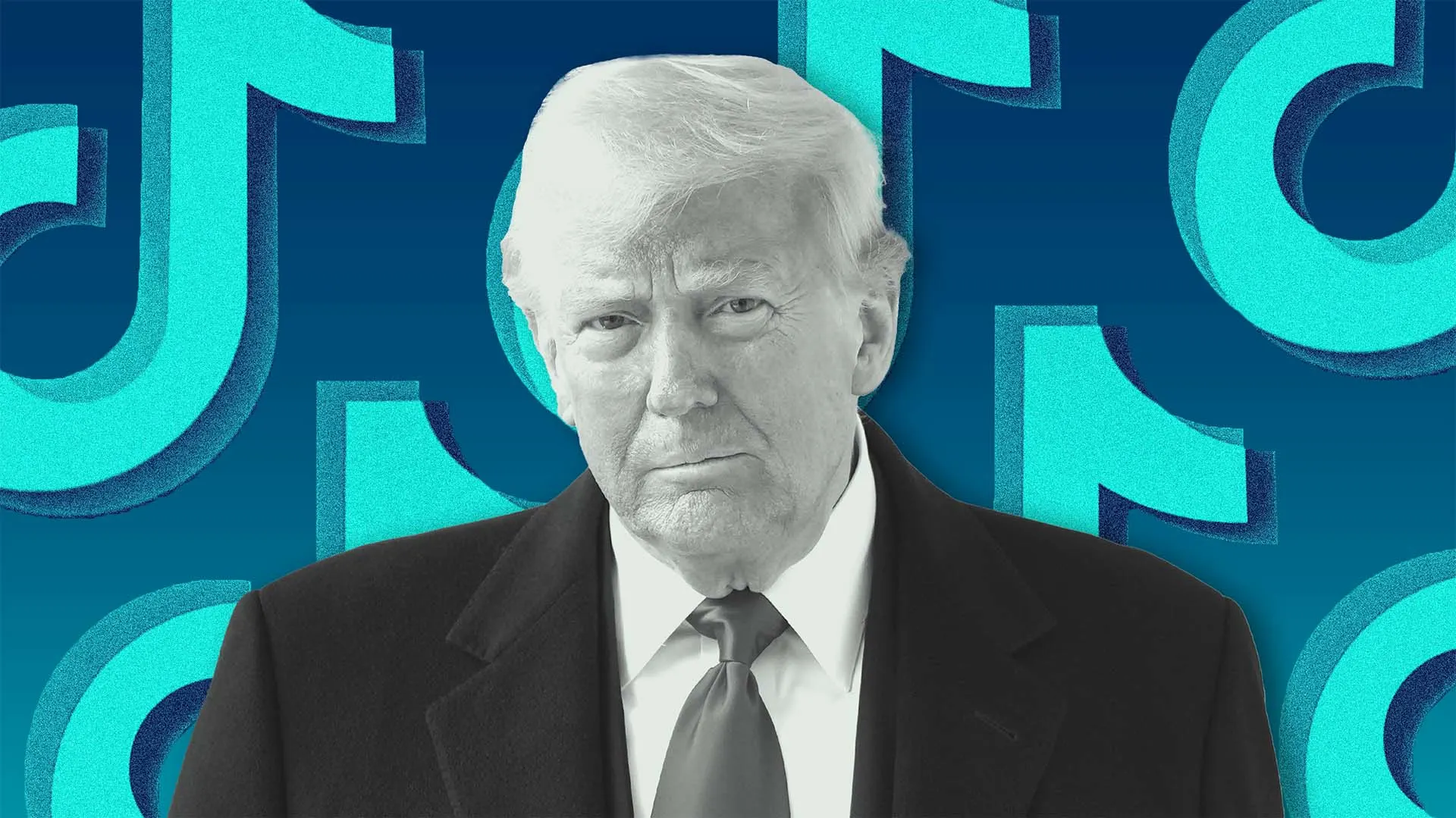































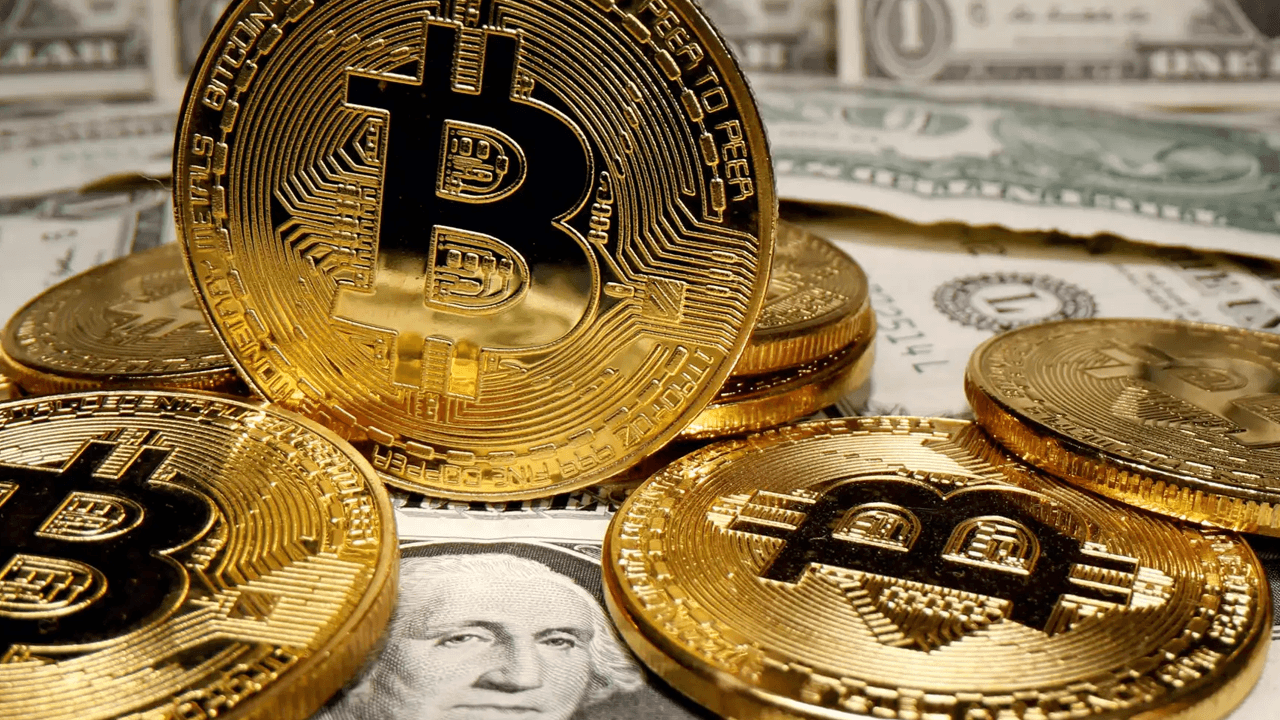
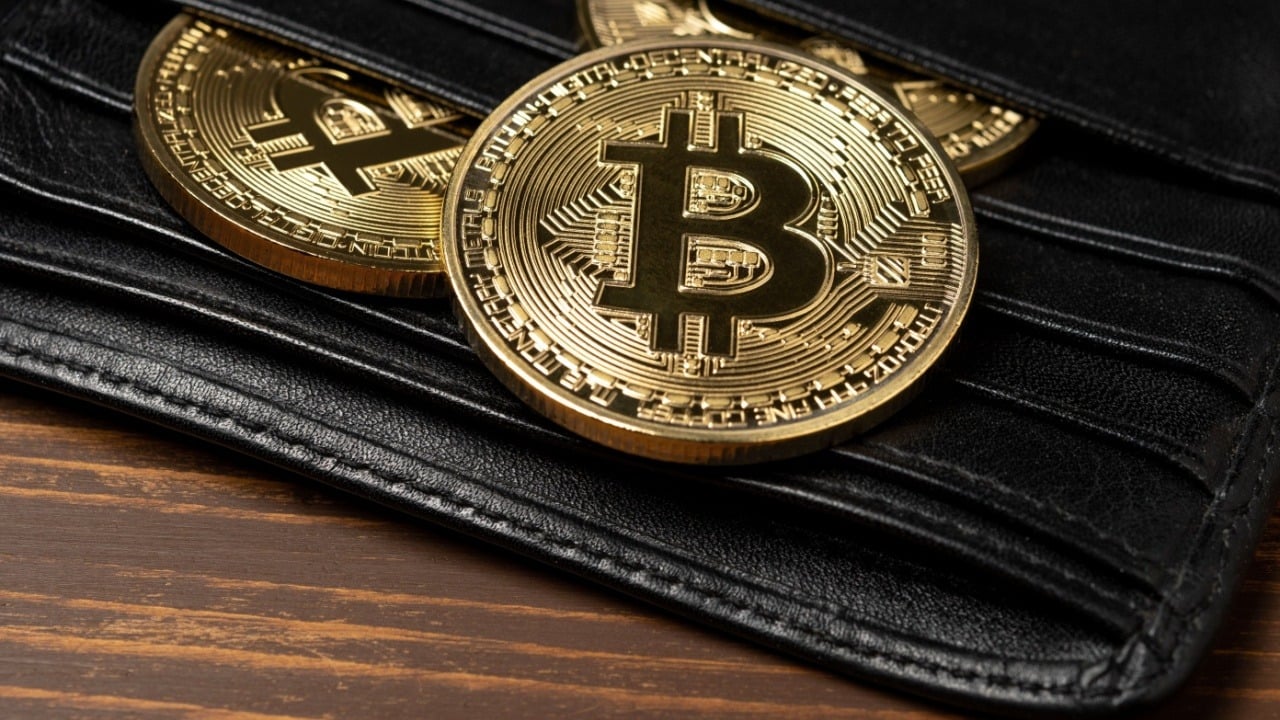

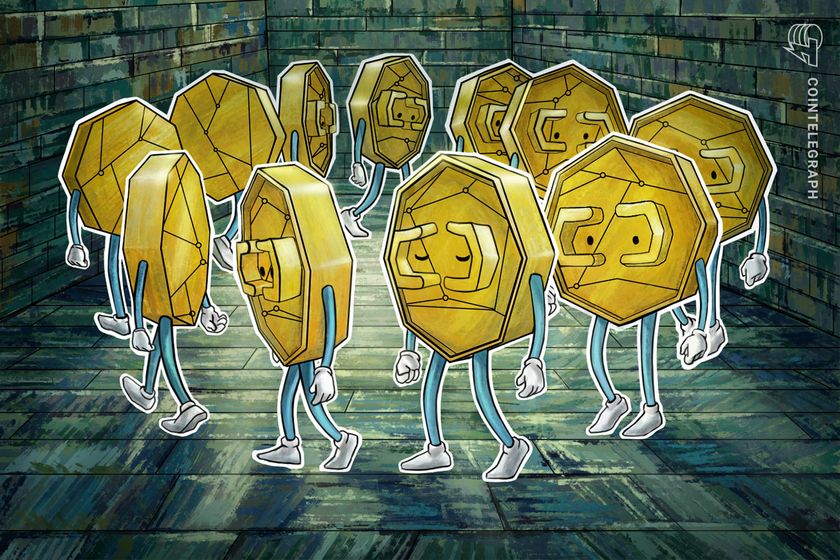
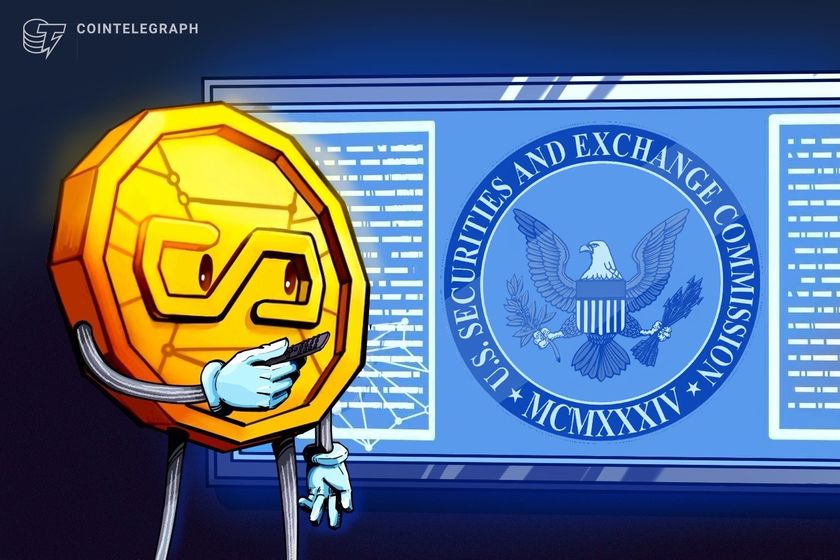



















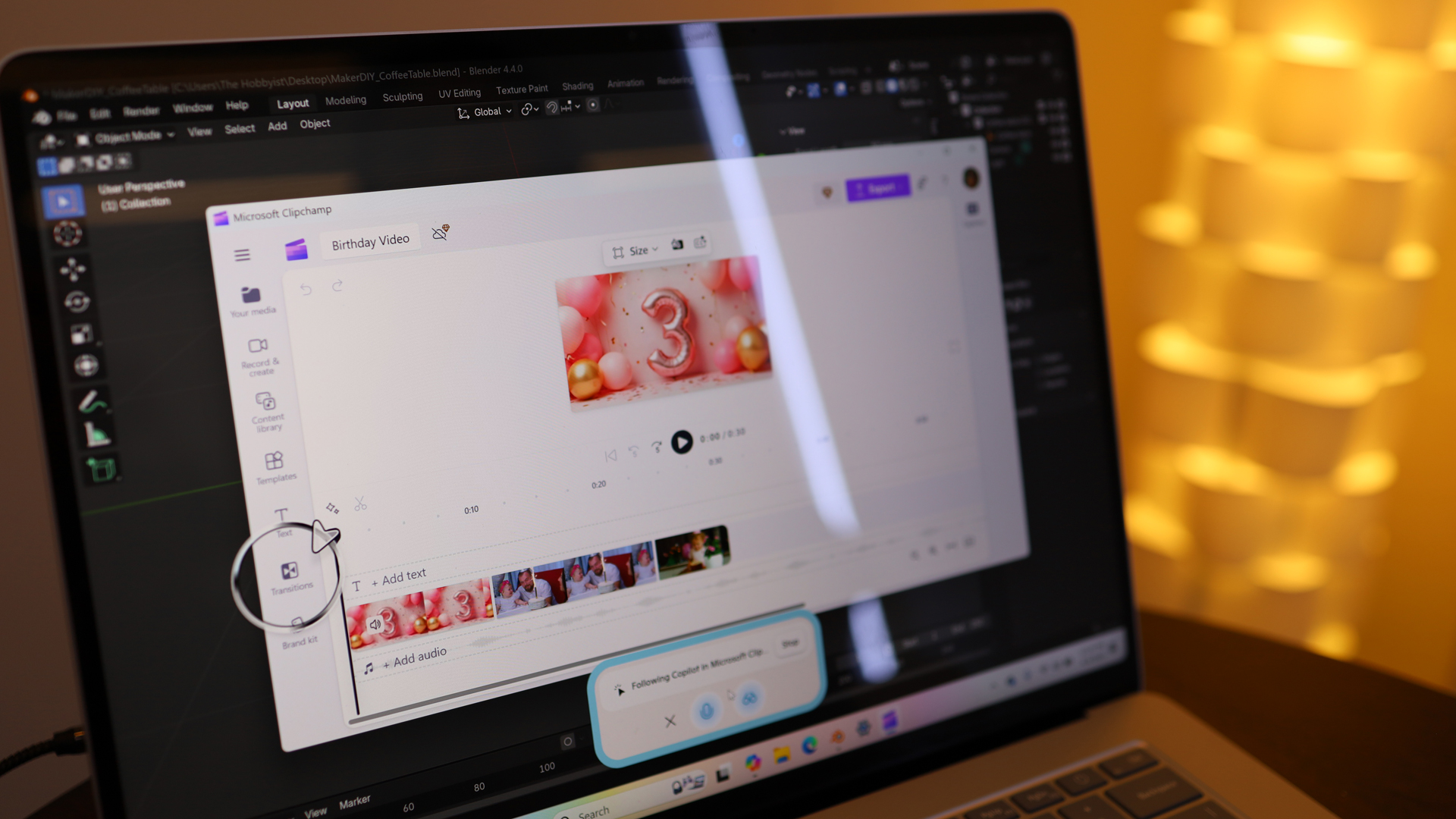







































.jpg)
%20Abstract%20Background%20112024%20SOURCE%20Amazon.jpg)


















